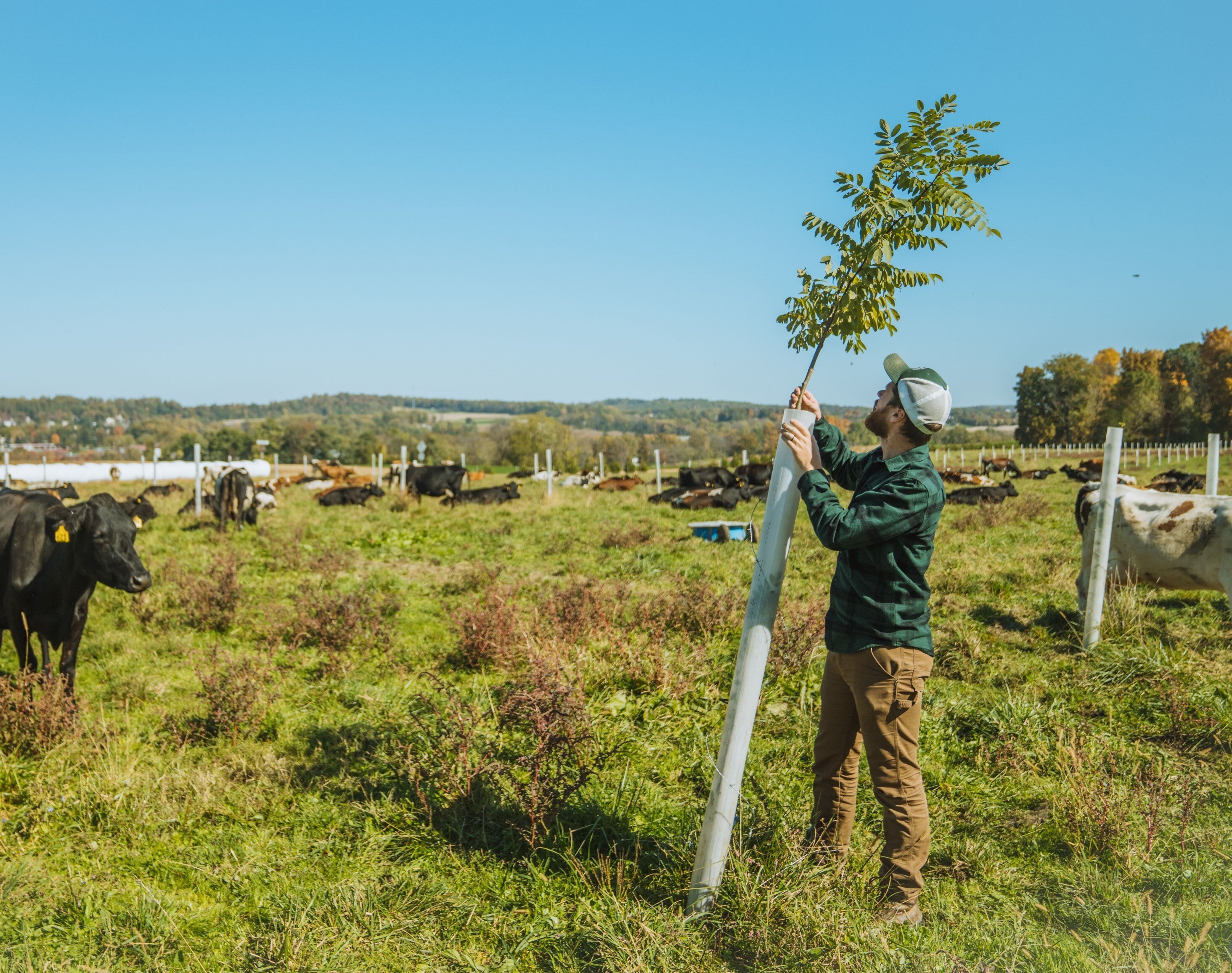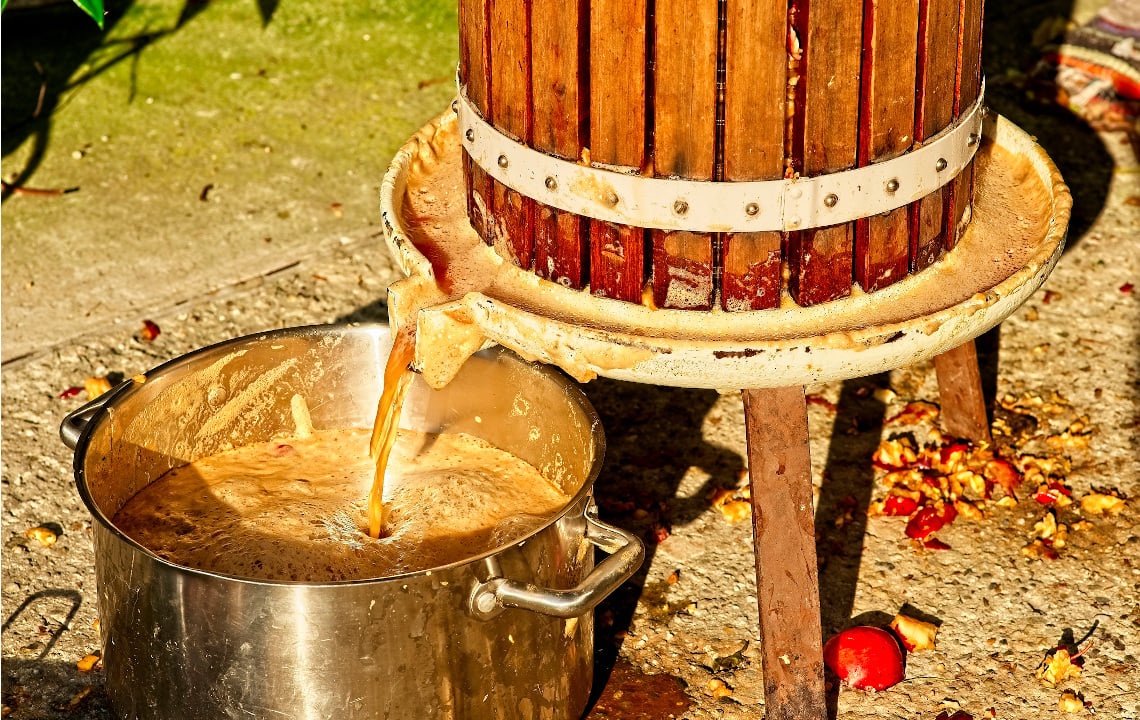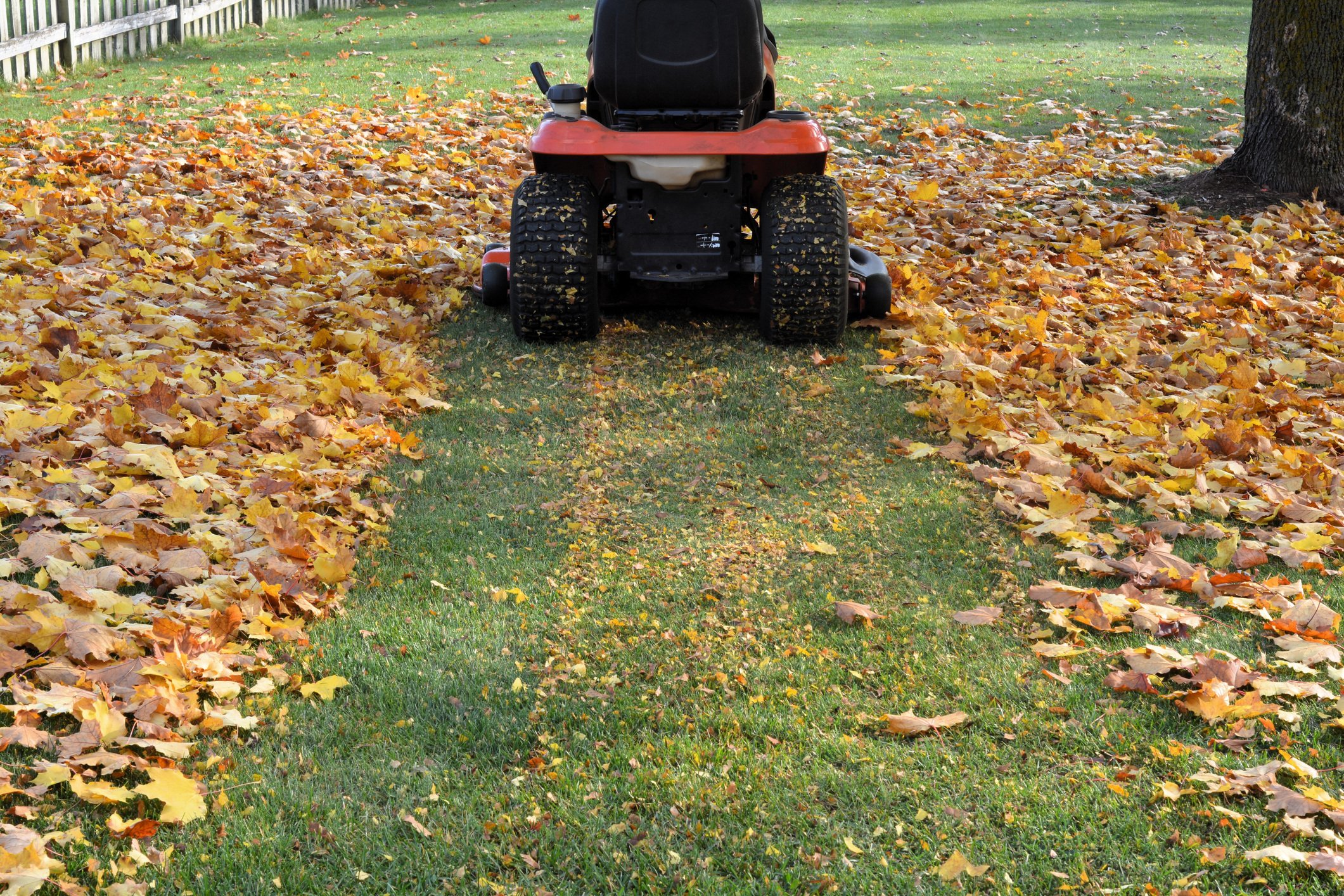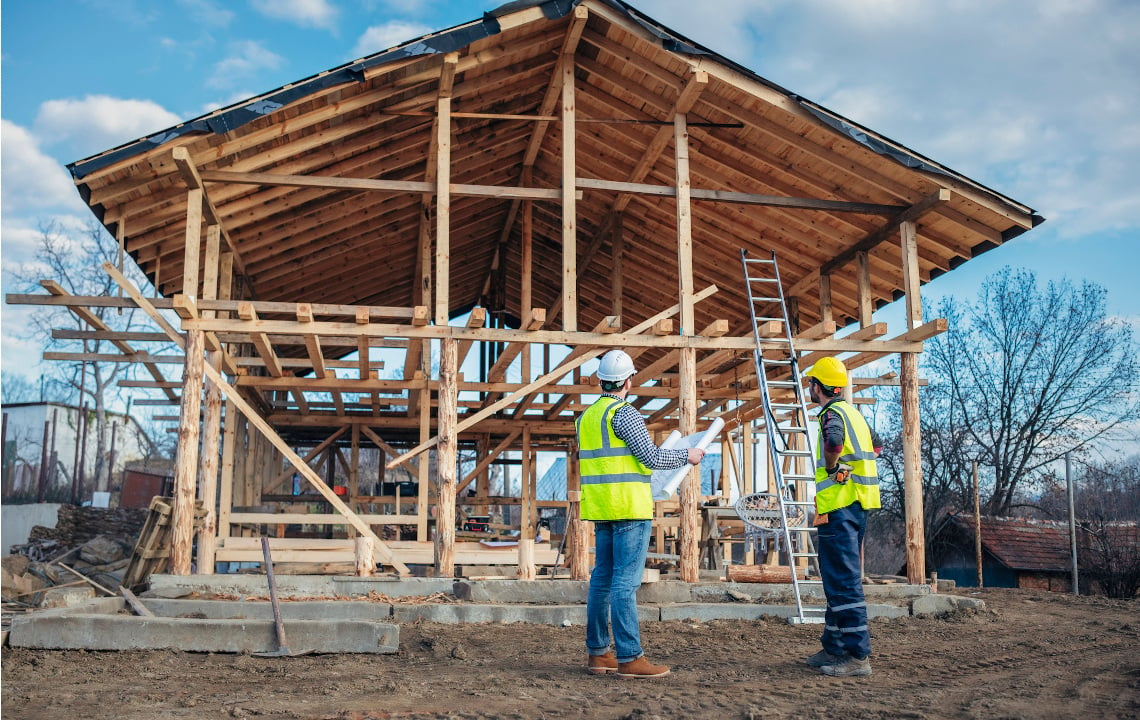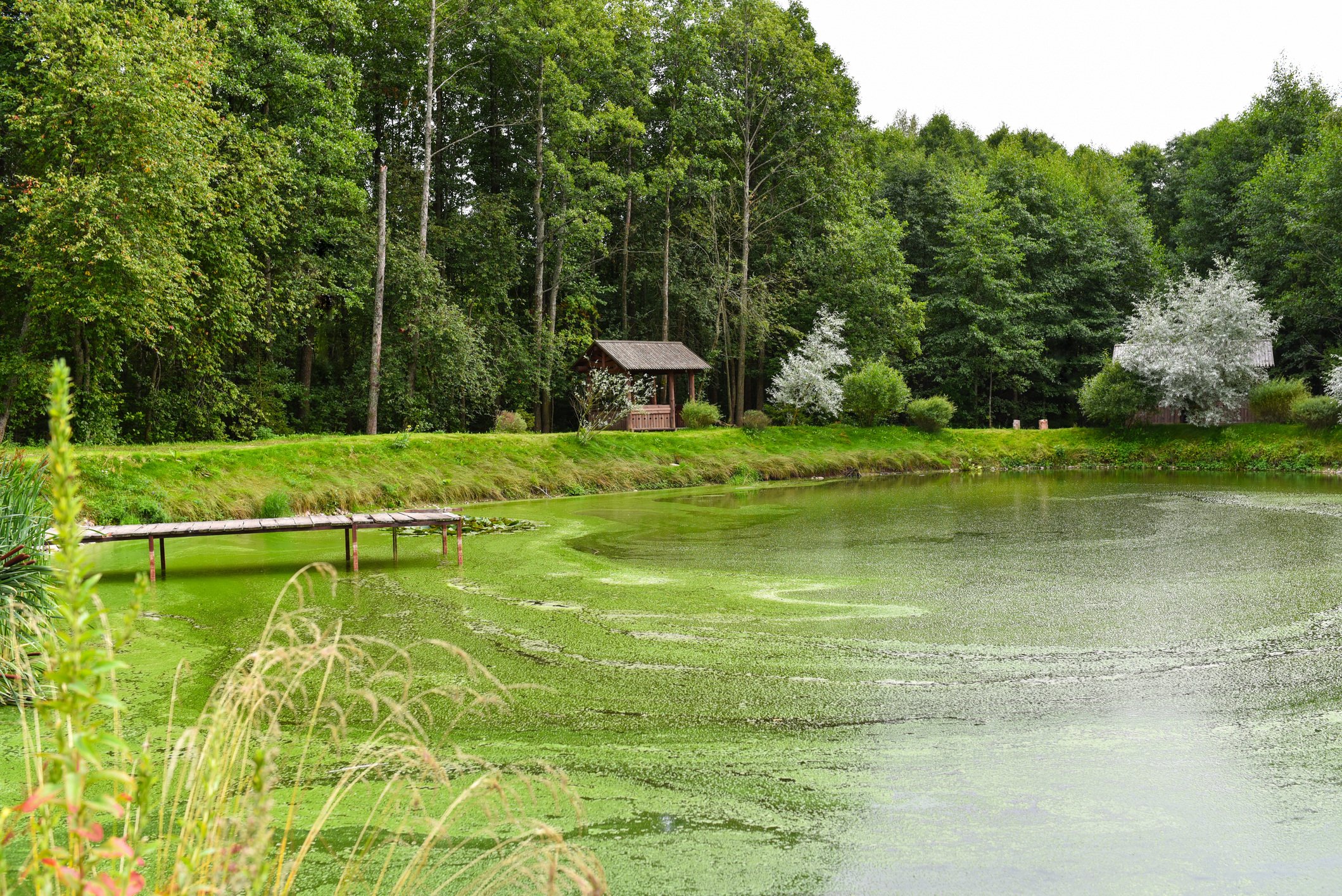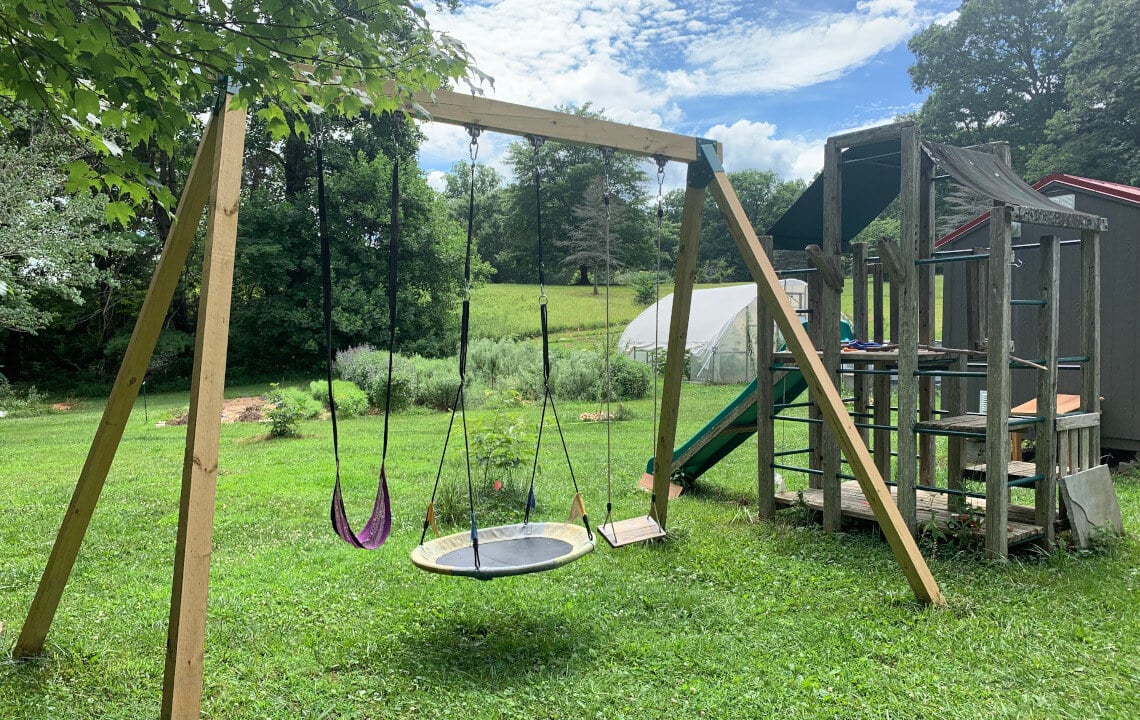We hear a lot about adults moving to the country to escape from the stress and grind of city life, but recent studies are showing stress is taking a toll on children too.
Stress can negatively affect kids' physical, emotional, and developmental well-being. Children have to balance demanding academic schedules, abundant stimuli from screen time, and a serious lack of physical education in schools. For many families struggling with stressed-out kids, a move to a simpler, more natural lifestyle is appealing.
Below are 5 ways rural living can help parents build naturally healthier (and happier) kids.
#1: Greater opportunity for free play
A growing body of research has shown children learn best and thrive when given opportunity for non-structured free play.
The exact opposite of computer and video games, this type of play deeply stimulates a child’s imagination and puts them into a flow state, similar to what we experience during deep meditation. According to studies, such as these cited in Scientific American, free play:
- encourages problem solving
- strengthens language skills
- builds self-esteem
- reduces stress
- fosters development of emotional and mental flexibility, and
- promotes social skills.
Wide open spaces and limited access to screen time (at home and at the neighbors') offer the perfect space for children to explore the power and fun of their own imaginations.
#2: Stronger microbiomes (immunity)
You may have heard that farm kids get sick less than city kids. This is actually true, and the reason for it is that farm kids are exposed to more GERMS.
The more germs we encounter, the stronger and healthier our microbiomes become. What is a microbiome? It’s your body’s collection of over 1 trillion microbes found in your skin, mouth, digestive tract and other parts of the body. These microbes, or our “inner eco system”, help us ward off disease and build immunity.
The healthiest microbiomes come from breathing plenty of fresh air, interaction with animals, exposure to garden soil, playing in the dirt, eating home grown (not ultra-sterile) foods, and consuming cultured (fermented) foods rich in probiotics: all products of rural living.
#3: Less noise pollution = less stress
According to the World Health Organization and the EPA, noise pollution can cause a number of health issues including sleep disturbance, reduced academic performance, speech impediments, impaired cognitive function, and other stress-related illnesses.
Children are particularly vulnerable because they go to bed earlier and are therefore exposed to more night noise. A rural lifestyle erases the majority of noise pollution experienced in cities and suburbs.
Imagine, instead of putting your kids to sleep with earplugs or white noise to drown out traffic, allowing them to drift off to the gentle lullaby of crickets and tree frogs.
#4: More physical (and purposeful) activity
No, not all country kids get more exercise. Sedentary lifestyles run through rural and urban communities. But living on acreage—such as a hobby farm—can encourage more natural, purposeful exercise opportunities for the whole family.
Gardening, taking care of animals, climbing trees, hiking, biking, hunting, chasing fireflies, horseback riding, tending the land, collecting tad poles, and general farm chores all encourage purposeful physical activity.
When activity has a purpose and is mandatory AND fun (such as physical chores), getting enough exercise is a welcomed reprieve for kids.

#5: Cleaner air = healthier lungs, fewer allergies, and less asthma
In most major metropolitan cities, air quality warnings have become the norm.
What a shame to keep your children indoors or forego your own jogging route to protect your lungs in your own hometown! According to a study reported on WebMD, farm kids have less asthma and allergies (both air-borne and food allergies) thanks to better air quality and more exposure to beneficial germs. Considering nothing is more important to our basic survival than air, it makes perfect sense that fresher, cleaner air makes for stronger, healthier children.
Rural living can provide many health benefits for kids—but parents must be role models. If your kids are new to country life, you may have to teach them how to enjoy their new surroundings. Start by placing a serious cap on couch potato/screen time and get outside with your children. Encourage them to explore, buy them a bike and a couple pair of rubber boots, set up a zip line, plant a garden, assign physical chores, and make their outdoor space conducive to free play.
Finally, don’t be afraid to let them “be bored.” Though they may complain about it initially, it ultimately teaches them to discover their own fun and precious creativity.
How would you encourage your children to be healthier in a rural setting? What memories do you have of enjoying country life as a child? Share your ideas & join the rural health movement in the comments section below.




